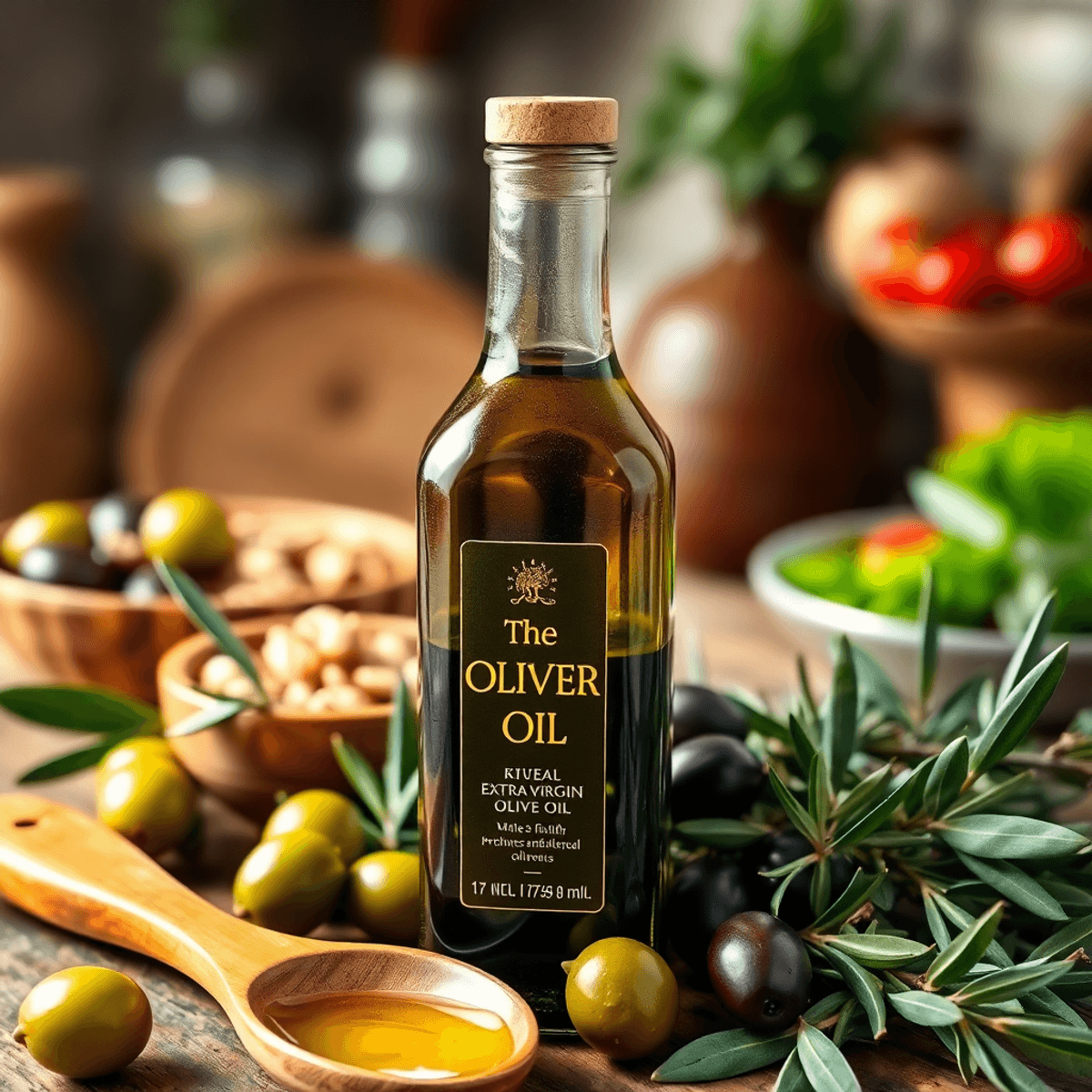To maintain our overall health and vitality, having a robust and effective immune system is crucial. Its performance—strengthening our resilience against diseases, safeguarding against infections, and promoting recovery—is partially under the control of various key nutrients found in our diet. By ensuring we have access to these nutrients in adequate levels, we can help empower our immune system, heighten our well-being, and fend off potential health issues.
One of the most prominent nutrients in immune system regulation is Vitamin C. Renowned for its role in bolstering immune function, Vitamin C supports the formation of antibodies that bind to foreign pathogens and eliminate them. Furthermore, it stimulates the growth and activity of white blood cells, particularly neutrophils, lymphocytes, and phagocytes, which are critical to our immune defense. The best way to ensure you’re getting adequate Vitamin C is to incorporate foods such as citrus fruits, kiwi, papaya, and bell peppers into your menu. However, a Vitamin C supplement can fortify your dietary intake, especially during colder months where fresh produce may be less available.
Another game-changer in immune health is Vitamin D, often referred to as the “sunshine vitamin.” Vitamin D has been linked to the prevention of numerous diseases. Most importantly, it’s a key player in promoting immune responses by making our immune cells more efficient in fighting infections. It’s synthesized in our skin when exposed to sunlight, but for many living in less sunny climates or spending most of their time indoors, a Vitamin D supplement is highly recommended.
Zinc is a trace mineral that plays a significant role in immune system functionality. It’s involved in the development and function of many types of immune cells, including macrophages, neutrophils, natural killer cells, and T and B lymphocytes. Slight deficiencies can significantly hinder our immune response. Healthy levels of zinc can be maintained through eating foods like meat, shellfish, legumes, and seeds. However, if you struggle to get enough zinc in your diet, a daily supplement can be useful.
Probiotics are another important supplement worth considering. Known for their role in gut health, probiotics essentially facilitate a healthier gut microbiome, which has been intimately tied to overall immune health. A variety of fermented foods like yogurt, sauerkraut, and kimchi are excellent sources of natural probiotics. However, if these foods don’t feature in your regular eating plan, probiotic supplements are an efficient alternative.
Next on the list is Selenium. This powerful antioxidant helps lower oxidative stress in our bodies, reducing inflammation and enhancing immunity. Studies show that increased blood levels of selenium are associated with an enhanced immune response. One can get optimal Selenium amounts from foods such as Brazil nuts, fish, ham, and eggs. However, a selenium supplement does the duty when required.
Following Selenium, we have Vitamin E. This is a potent antioxidant that helps fight off infection by neutralizing free radicals produced during normal bodily functions such as digestion or after exercise. Vitamin E also plays a crucial role in maintaining the health of our immune cells. Incorporating foods like spinach, broccoli, nuts, and seeds can keep your Vitamin E levels topped up. But if your diet isn’t diverse, a Vitamin E supplement can help keep immunity strong.
Finally, we have Vitamin A. It’s crucial for maintaining the health of our skin and mucous membranes—the body’s first line of defense against pathogens. Boost your intake of Vitamin A through a diet rich in sweet potatoes, carrots, spinach, and kale. If you’re not a fan of these foods, a Vitamin A supplement can step in.
Now that we’ve explored the essential supplements for empowering the immune system, remember maintaining a balanced diet, drinking plenty of water, getting regular exercise, and having adequate sleep alongside your supplementation routine is also essential. However, always consult with a healthcare provider before adding new supplements into your diet.
In a nutshell, a healthy immune system is an outcome of a well-rounded approach that includes a nutrient-rich diet and lifestyle practices alongside optimal supplementation. Invest wisely in your health to reap lasting results and live a life defined by wellness, energy, and vitality.










